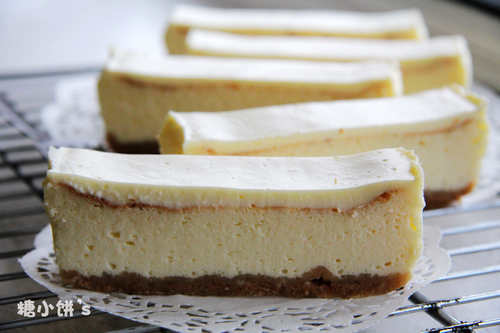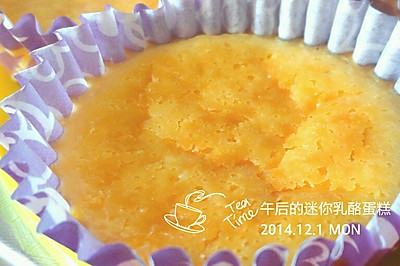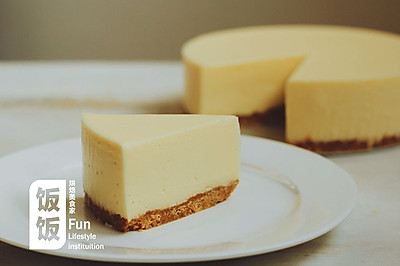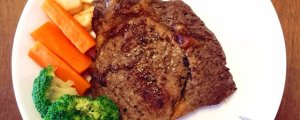
New York Cheesecake
(214041 views)
Cooking ingredients
Cooking Steps

Step1:Break the digestive biscuits. Stir in the melted butter and mix well.

Step2:Lay flat on the bottom of the mol

Step3:Add egg and sugar to cheese and mix wel

Step4:Because I use softcheese. It's easy to stir. So you don't need to stir in advance. If you use cream cheese, you need to stir it smoothly in advanc

Step5:Add 200ml of sour cream and stir well.

Step6:Mixed cheese past

Step7:Pour it into the mold (the finished drawing was taken at another time. It's a square mold.)

Step8:Smooth with a spoon. Shake off the big bubbles. This cheese paste is not afraid of defoaming. You can shake it a little longer. I didn't shake. The tissue and vesicles were put into a preheat oven at 175 ℃ and baked in water bath for 50 minutes. Then they were taken out and cooled. It will collapse in the middle after coolin

Step9:Add 2 tbsp castersugar to 300ml sour cream and stir well. Fill in the collapsed cheese and bake in oven for 1015 minutes. Take it out and put it in the refrigerator for cold storage before eating.

Step10:Finished sectio
Cooking tips:The classic sign of New York Cheesecake is that it's hollow in the middle. A successful cake should be like this. It's probably because I'm not using cream cheese. The two prescriptions that I tried were not ideal. Another influencing factor is that I usually use a square loaftin for small parts. Think that narrow is not conducive to depression, so try again and again. Finally, I tried out a square with a concave surface even if I used a small square box. It's more perfect with a round die ~ but unfortunately I haven't tried the cream cheese. Although for the time being, I am quite satisfied with the recipe made with softcheese. As a forerunner, it also shows that my prescription may not be applicable to other families. But for reference and comparison, the time of continuous trial work really made room
 Chinese Food
Chinese Food












